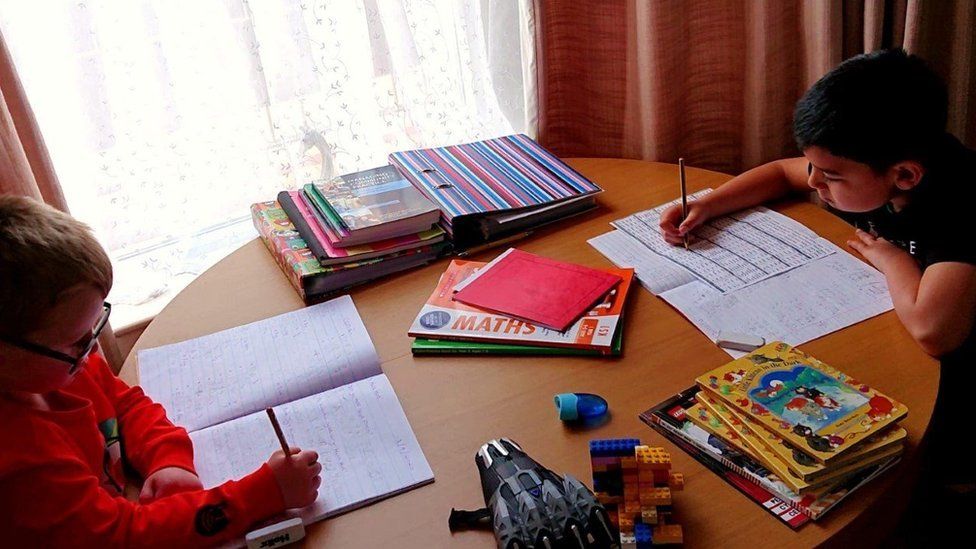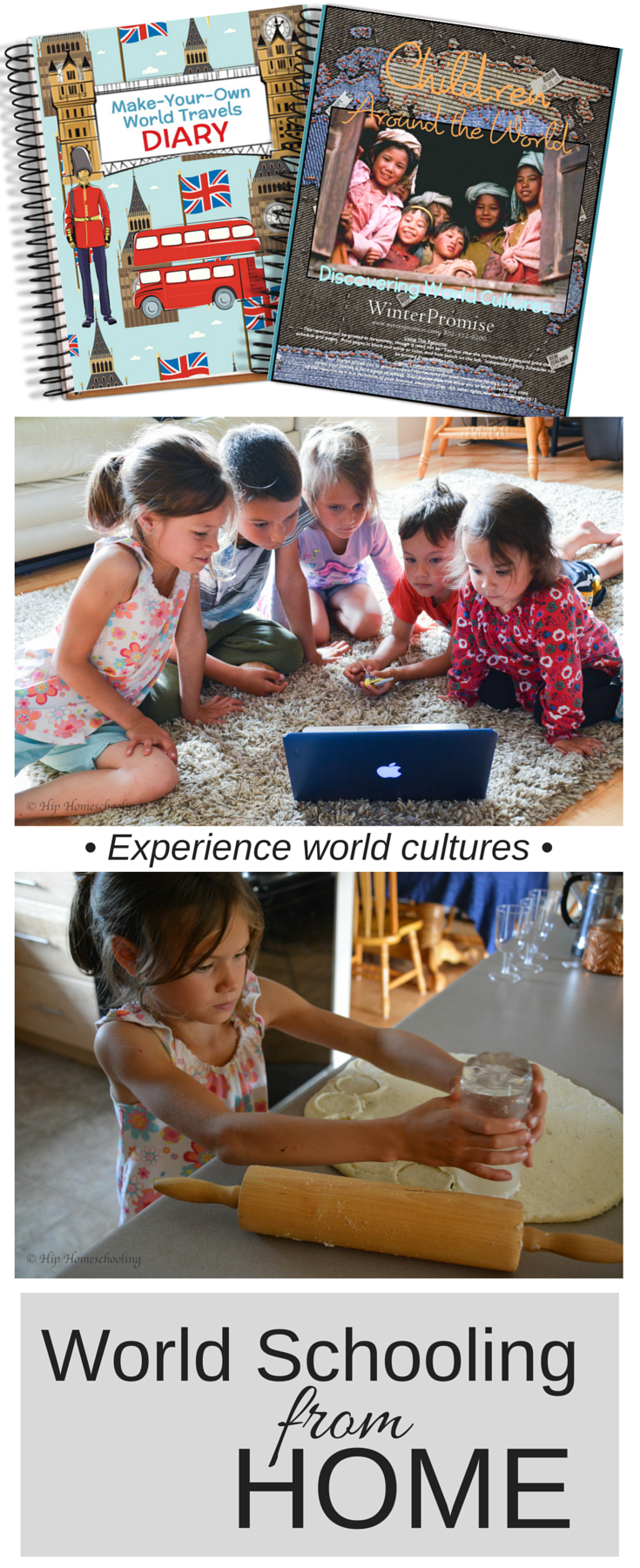Teaching ESL Like a Pro Expert Tips and Strategies
Introduction: The Art of Teaching ESL
Welcome to the world of ESL teaching—where language becomes a bridge to connect cultures, ideas, and dreams. In this article, we delve into expert tips and strategies that will elevate your ESL teaching game, making you a pro in the classroom.
Understanding Your Students: The Key to Effective Teaching
Every ESL classroom is a mosaic of diverse backgrounds, learning styles, and language proficiency levels. Take the time to get to know your students as individuals. Learn about their interests, cultural nuances, and linguistic challenges. This understanding forms the foundation for tailored and effective teaching.
Creating a Supportive Learning Environment: Setting the Stage for Success
A positive and inclusive classroom environment is essential for ESL learners to thrive. Foster a sense of community by encouraging collaboration, mutual respect, and open communication. Create a safe space where students feel comfortable expressing themselves and taking risks in learning.
Utilizing Multisensory Teaching Techniques: Engaging All Learners
ESL learners benefit from a variety of teaching modalities that cater to different learning styles. Incorporate visual aids, gestures, and real-life examples to make lessons more vivid and engaging. Use audio resources, such as songs or podcasts, to enhance listening skills. Hands-on activities and role-playing can also bring language to life.
Emphasizing Practical Language Skills: Real-World Applications
One of the keys to effective ESL teaching is focusing on practical language skills that students can use in real-life situations. Teach functional language for everyday activities like ordering food, making phone calls, or asking for directions. Role-play scenarios that simulate common interactions help students build confidence.
Cultural Immersion: Bringing the World into the Classroom
ESL is more than just language—it’s a gateway to understanding different cultures and perspectives. Integrate cultural elements into your lessons through food, music, literature, and celebrations. This not only enriches the learning experience but also fosters cross-cultural understanding among students.
Providing Constructive Feedback: Guiding Growth and Improvement
Feedback is a powerful tool for ESL learners on their language journey. Offer specific and constructive feedback that highlights both strengths and areas for improvement. Encourage self-assessment and reflection, empowering students to take ownership of their learning progress.
Encouraging Active Participation: Fostering Language Fluency
Language fluency comes from practice, so create opportunities for students to use English actively. Encourage discussions, debates, presentations, and group projects that require verbal communication. Language games, role-plays, and storytelling also make learning enjoyable and effective.
Incorporating Technology: Enhancing Learning Experiences
Technology offers a wealth of resources to supplement ESL lessons. Explore language learning apps, interactive websites, and virtual language exchanges that allow students to connect with English speakers worldwide. Use multimedia tools to make lessons dynamic and interactive.
Building Language Confidence: Celebrating Milestones
Language learning is a journey with many small victories along the way. Celebrate these milestones with your students. Acknowledge improvements in pronunciation, expanded vocabulary, or successful communication in challenging situations. This positive reinforcement boosts confidence and motivation.
Collaborating with Colleagues: Sharing Best Practices
Don’t forget the power of collaboration among ESL teachers. Share lesson plans,








